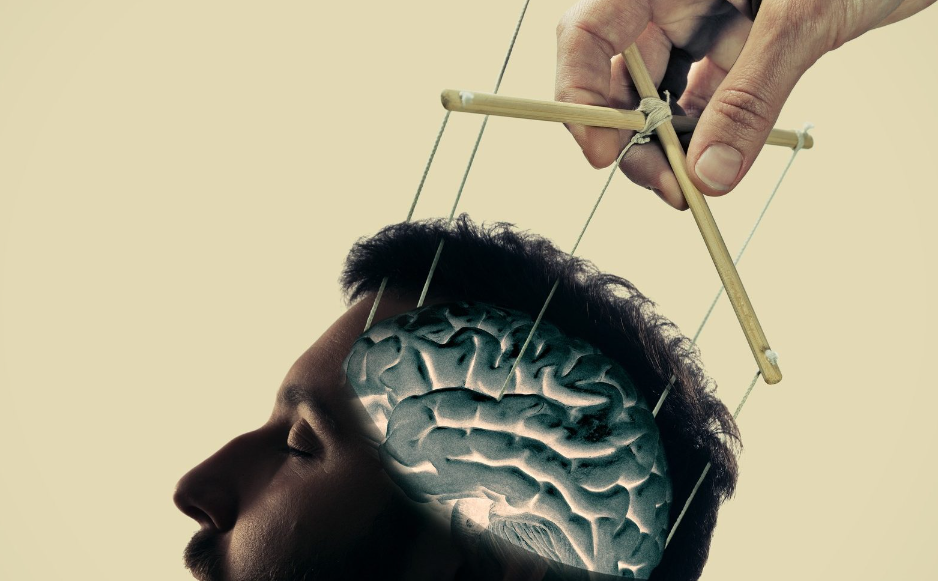
Yes, you heard it right. Mindfulness is magical, If you want to be magical, start being mindful and conscious about yourselves. In the journey of managing diabetes, Mindfulness is a transformative practice that can bring about numerous benefits in our daily lives, especially for Diabetic patients. By being present and conscious of our actions, we can turn seemingly unproductive activities into valuable moments of self-awareness and personal growth. In this blog, we will explore the benefits of mindfulness practice and provide a helpful technique to manage Diabetes by incorporating mindfulness into your daily routine.
Benefits of Mindfulness Practice:
1.Increased self-awareness:

Diabetes management requires a keen understanding of one’s own body and its responses. Mindfulness allows us to observe our thoughts, emotions, and sensations without judgment. By cultivating self-awareness, we gain a deeper understanding of ourselves, our habits, and our patterns of behavior.
2. Enhanced cognitive function:

Research suggests that regular mindfulness practice can lead to changes in the structure and function of the brain. It can improve attention, memory, and cognitive flexibility, allowing for better decision-making and problem-solving, and also helps related to their diabetes care.
3.Improved relationships:

When we are mindful, we become more present in our interactions with others. This presence enables us to listen actively, empathize, and respond with greater clarity and compassion, fostering healthier and more fulfilling relationships.
4.Thought control:

Stress plays a significant role in diabetes management. Mindfulness helps us break free from the autopilot mode of overthinking. By observing our thoughts and consciously choosing which ones to engage with, we gain greater control over our mental processes, reducing stress and increasing mental well-being.
Create a list: Begin by making a list of the activities you consider unproductive or mundane. These could include tasks like brushing your teeth, washing your car, waiting in a transportation line, or anything else that feels repetitive or time-consuming.
• Choose one activity per week: Select one activity from your list to focus on each week. By giving your undivided attention to one activity at a time, you can gradually infuse mindfulness into different aspects of your life.
• Prepare yourself: Before you start the chosen activity, find a quiet space where you can have a few moments of uninterrupted time.
• Pause and take a breath: Take a pause and take a few deep breaths. Let go of any distractions or racing thoughts that might be preoccupying your mind.
• Set your intention: Remind yourself to be mindful during the upcoming activity. This simple intention serves as a gentle reminder to stay present and engaged.
• Release unwanted thoughts: As you begin the activity, notice any thoughts that arise and consciously let them go. Instead of getting caught up in a stream of thoughts, bring your focus back to the present moment and the sensations associated with the activity.
• Be fully present and savor the experience: Immerse yourself in the activity. Pay attention to the physical sensations, sounds, and visuals surrounding it. Approach it with curiosity and an open mind, allowing yourself to fully appreciate the moment for what it is
Conclusion:
By Incorporating mindfulness into diabetes management practices, we can unlock the hidden potential within seemingly unproductive activities. With practice, we become more self-aware, make better decisions, improve our relationships, and gain greater control over our thoughts. Take the first step today by choosing one activity and approaching it with mindful intention. Embrace the transformative power of mindfulness and witness its positive impact on diabetes management and overall well-being.

